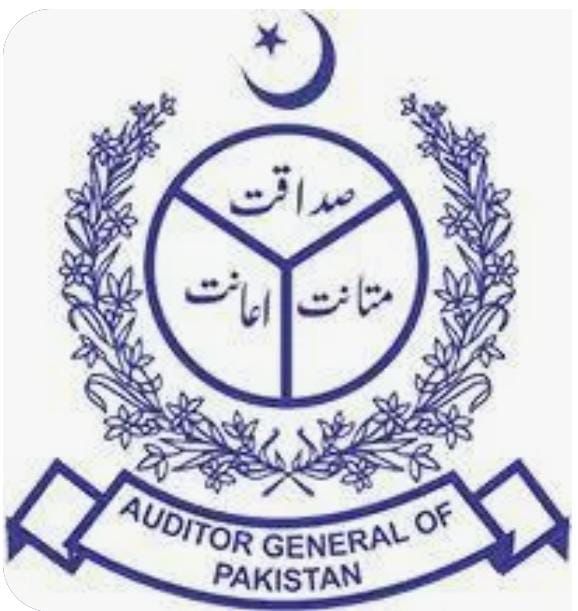Politicians trying to protect the regulator’s wrongdoings
Staff Report
ISLAMABAD: The Securities and Exchange Commission of Pakistan (SECP) faces its most serious governance crisis in years following a critical audit report by the Auditor General of Pakistan (AGP). The report, which was conducted over an extended period and involved a comprehensive review of SECP’s financial records, alleges billions in financial irregularities and tens of millions in unauthorised salary increases, setting up a confrontation between two institutions.
Sources within the government confirm that intense discussions, involving high-ranking officials are underway regarding the future of SECP’s chairman. The possibility of his removal is being seriously considered, with some advocating for a swift action to restore confidence in the regulatory body. The crisis has exposed deep-rooted issues in Pakistan’s regulatory framework and raised questions about institutional accountability.
According to informed sources, influential politicians are working behind the scenes to shield the SECP chairman from potential action. This political intervention has drawn sharp criticism from business circles, who argue that such manoeuvring undermines transparent accountability processes.
Political interference is protecting regulatory corruption rather than ensuring proper oversight, said a representative of commercial organisation, speaking on condition of anonymity.
The private sector has expressed grave concerns about SECP’s failure to fulfil its core responsibilities. Business leaders point to inadequate action against market manipulation, corporate corruption, and repeated governance violations as evidence of regulatory failure.
Investor confidence has been severely damaged due to weak enforcement as corrupt practices go unpunished, transparent organisations and the private sector are burdened with additional costs and complex compliance requirements, remarked a businessman.
Regulatory experts warn that this confrontation with a constitutional body raises fundamental questions about the state’s commitment to institutional discipline. If political pressure succeeds in protecting the chairman, it will reinforce the perception that regulators operate above accountability.
Sources believe that without strict accountability of the SECP, investor confidence cannot be restoreda sit will also encourage other regulators and departments to clash with Constitutional institutions.
Analysts warn that the ongoing uncertainty could further undermine market confidence. The Stock Exchange has already shown signs of instability in the face of regulatory concerns, hinting at the potential for more serious repercussions.
Markets thrive on predictability and strong governance, both of which are currently under threat. The government is at a critical juncture, facing a decision that will signal its commitment to institutional reforms. Industry observers stress that, regardless of personnel changes, comprehensive regulatory reforms are urgently needed to restore credibility of SECP.
They called for a transparent investigation of all allegations, structural reforms to prevent future governance failures, clear separation of regulatory functions from political interference and enhanced accountability mechanisms.
As this institutional crisis unfolds, the private sector continues to bear the cost of regulatory mismanagement. The resolution of this confrontation will significantly impact Pakistan’s business environment and investor confidence in the months ahead.

